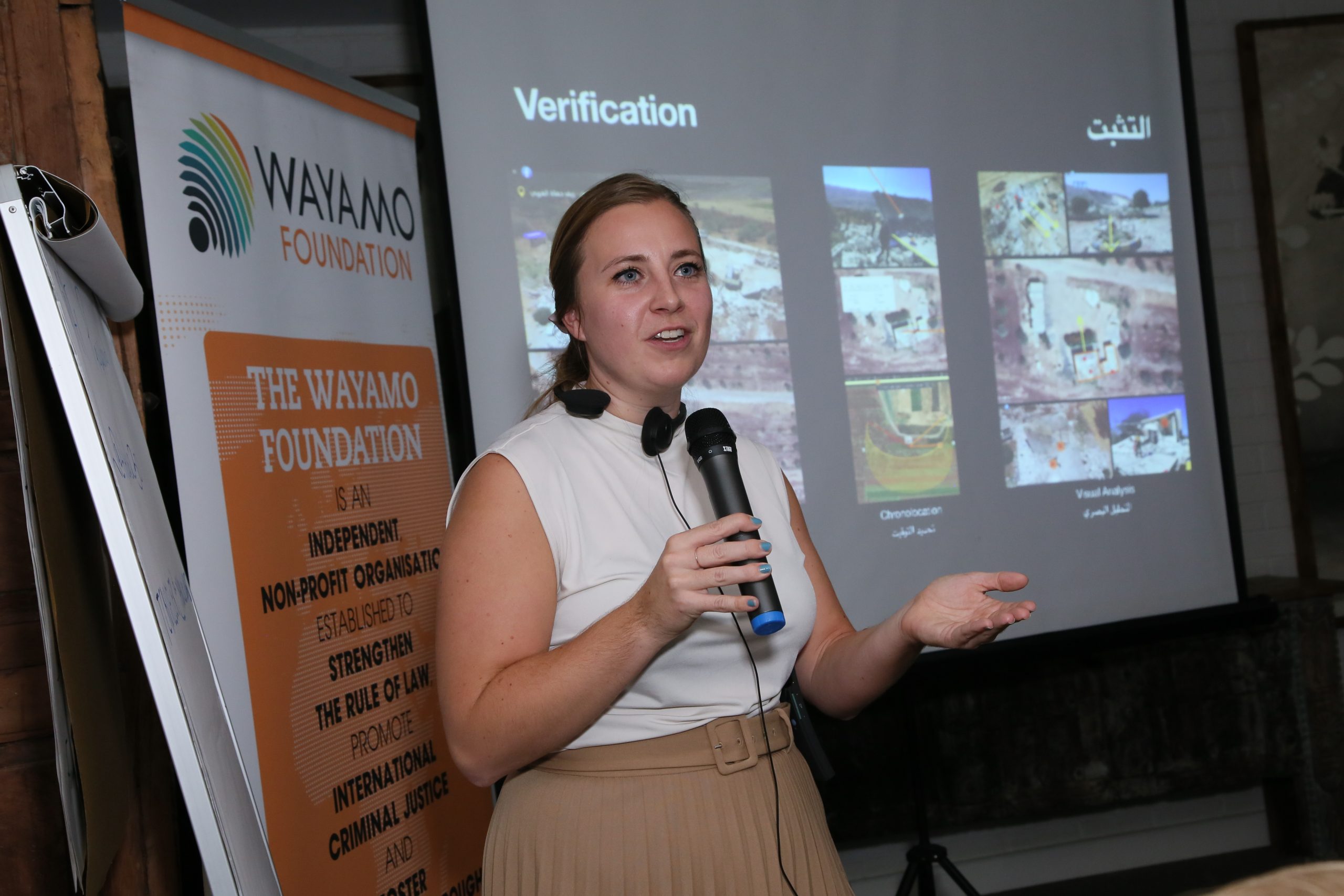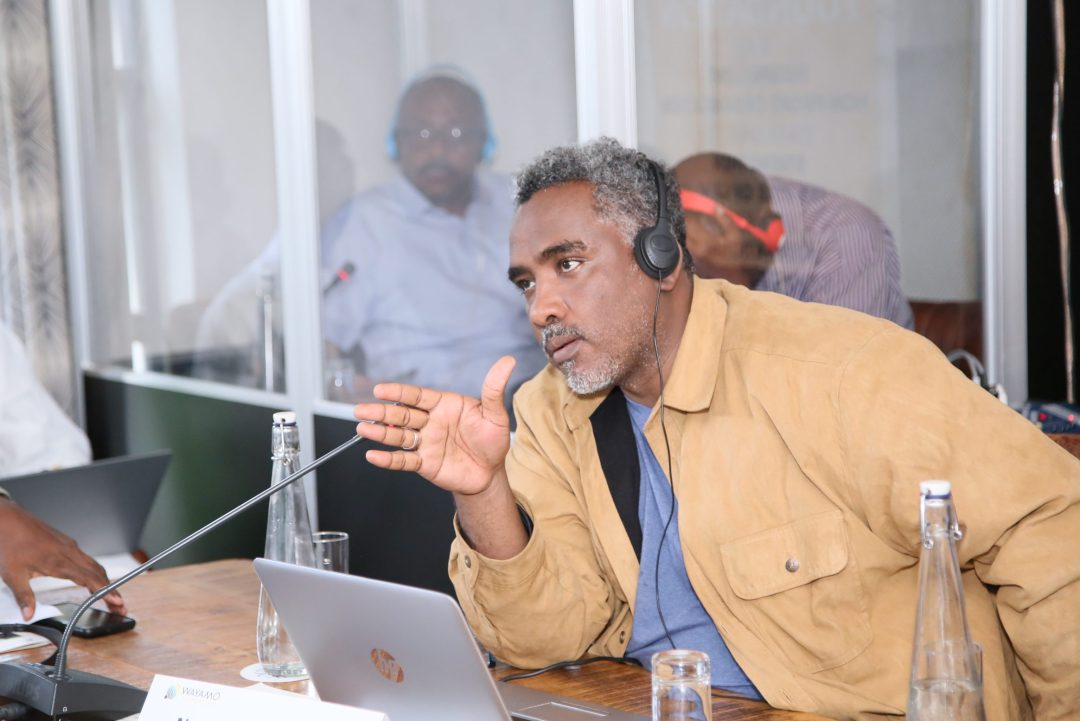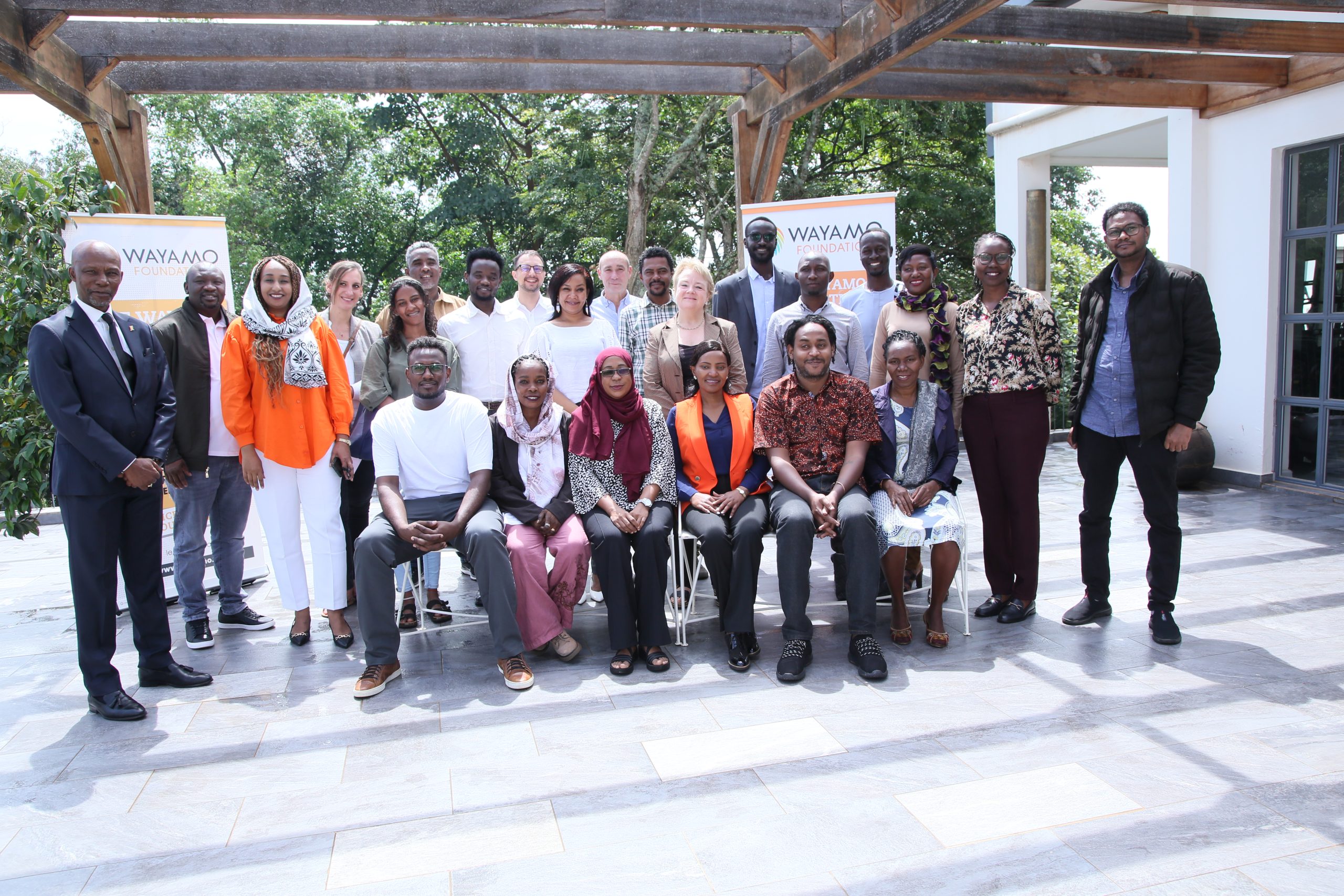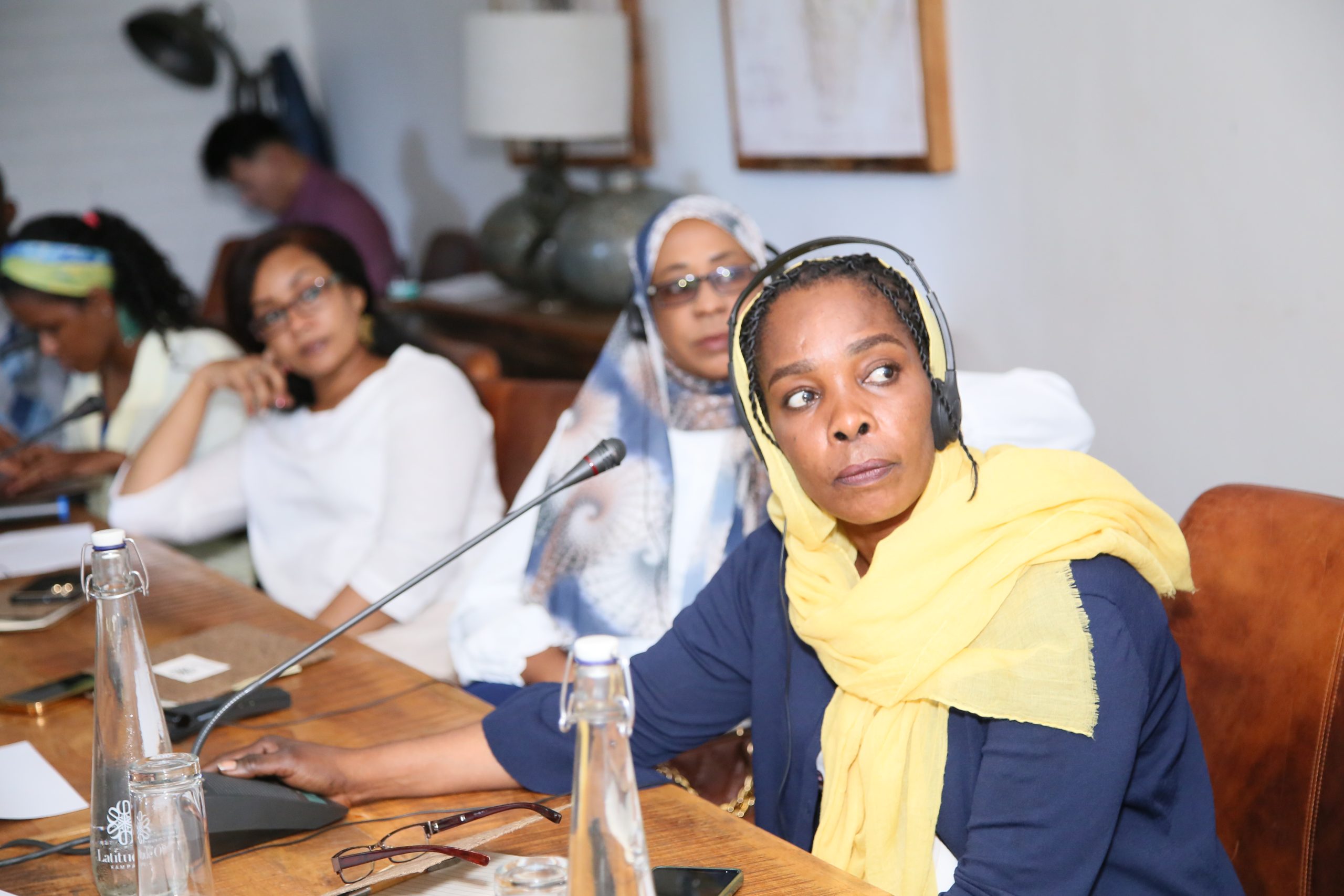The Wayamo Foundation hosted a workshop for media professionals in Kampala, Uganda, from 11-13 November 2023, on the topic of “responsible media for justice and accountability in Sudan.” The workshop brought together Sudanese and Ugandan journalists for three days of discussion and engagement on topics relevant to the ongoing conflict in Sudan, with a special focus on hate speech, the protection of children in armed conflict, refugees, open-source investigations and the application of universal jurisdiction.
Bettina Ambach, Director of the Wayamo Foundation, set the stage for the workshop’s proceedings by underscoring the pivotal role the media plays during times of armed conflict. Her opening address emphasised the core areas of Wayamo’s engagement with media actors, stressing the profound importance of conflict-sensitive reporting.
The first session of the day provided a contextual analysis of the ongoing conflict in Sudan. Subject-matter experts elaborated on some of the recent happenings in the conflict and their multifaceted implications, particularly from a justice perspective. A particular focus of the workshop centred on the insidious effects of hate speech and the challenges faced by Sudanese journalists in dealing with this reality. The lecture session was followed by a case-study exercise, which allowed participants to immerse themselves in the practical application of identifying hate speech. Through the case studies, journalists engaged in collaborative problem-solving, navigating the complexities and nuances inherent in addressing hate speech through their reporting.
A core aspect of Wayamo’s engagement with journalists is providing training on international justice mechanisms and processes. The workshop afforded an opportunity for the journalists to examine various aspects, ranging from the application of universal jurisdiction to international crimes and the applicable laws protecting children in armed conflict, to the six grave violations against children and a set of guidelines for reporting on children in armed conflict. This was followed by a session on insights into the refugee situation in Uganda, focusing on the multi-faceted dimensions facing Sudanese asylum seekers and refugees. In addition, the journalists delved into the practical applications for open-source investigations in Sudan, and followed this up with a breakout session targeted at planning a story based on open-source materials and conducting an open-source investigation in the newsroom.
The participants engaged with experts, including Thierry Cruvellier, Editor-in-Chief, JusticeInfo.net, Hannah Bagdasar, Digital Investigations and Accountability Expert, former Lead Investigator at Bellingcat, David Waiswa, Legal Manager, International Rescue Committee, and from the Wayamo Foundation, Joseph Roberts-Mensah, Africa Director, Abdalbasit Mohamed, Legal and Research Officer, Judie Kaberia, Coordinator for East Africa, Kris Kotarski, Digital Programmes Manager, and Linda Bore, International Criminal Lawyer.

Open Source investigations expert Hannah Bagdasar.
Evaluations were conducted during and at the end of the workshop to give participants an opportunity to express their views on the topics covered and the quality of the training. A sampling of the participants’ comments are highlighted below:
On reporting on justice issues and hate speech:
- “The trainer was excellent. I liked the level of engagement. Working with practical examples of possible hate speech from the Sudanese context was very helpful. The group discussion exposed me to aspects I hadn’t fully grasped initially.”
- “The approach of organising us into groups enhanced my understanding, allowing me the opportunity to discuss with colleagues the nuances of hate speech and its potential repercussions. This interaction facilitated a deeper comprehension for me.”
On the protection of children in armed conflict:
- “The recruitment of children into war is a critical concern for us; we see it happening in the ongoing conflict in Sudan. Raising awareness about this issue is imperative to facilitate a comprehensive resolution.”
On covering universal jurisdiction cases as a journalist:
- “The session was very enlightening. It enabled me to discern the distinction among international tribunals, domestic courts, and the circumstances under which universal jurisdiction can be applied to try perpetrators within domestic courts.”
On the practical applications of open-source information for Sudan:
- “This session was particularly significant to me as both factions involved in the ongoing conflict are flooding social media with numerous videos containing substantial evidence. As Sudanese journalists, we have an extensive task ahead, necessitating the utilisation of open-source information for our work.”
On the important take-home lessons from the workshop:
- “As journalists, our stories should, besides pointing out the challenges in the ongoing conflict, also highlight potential elements for accountability and serve as a compass to identifying paths toward justice.”
The workshop was held with the financial support of the German Federal Foreign Office and the Ministry of Foreign Affairs of the Netherlands in the context of Wayamo’s ongoing project “Capacity building for civil society and the justice sector in Sudan” project, which is set in the wider context of providing training in international criminal law, international humanitarian law and human rights to civil society and legal actors both in Sudan and the East African region, aimed at building a coalition committed to addressing impunity through regional and domestic accountability measures, such as national court systems.




